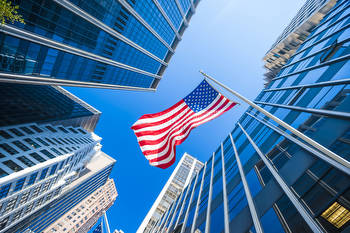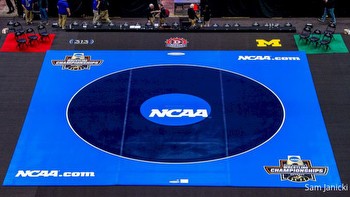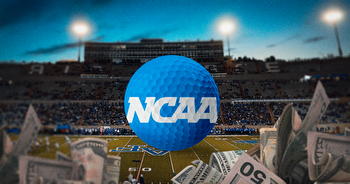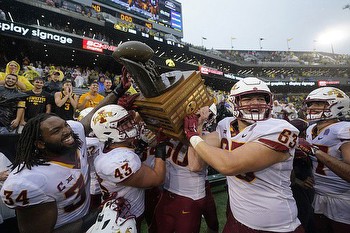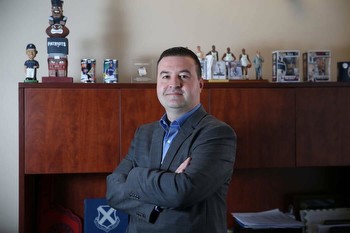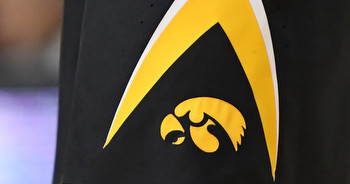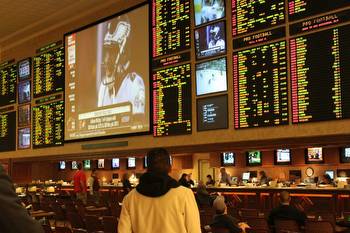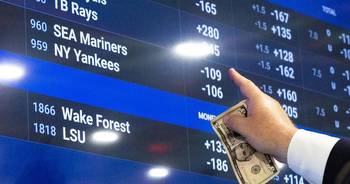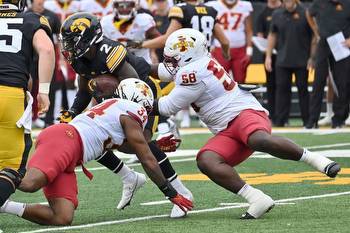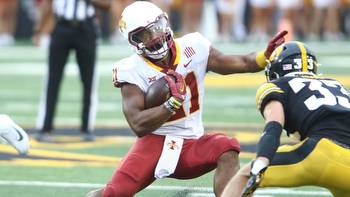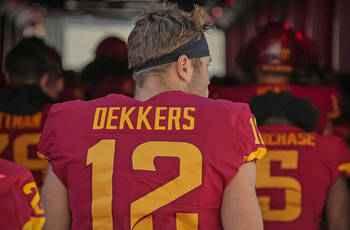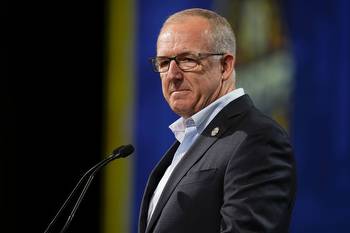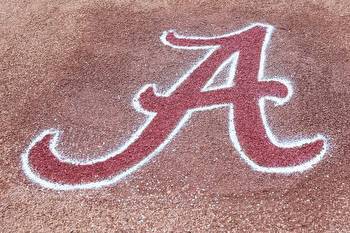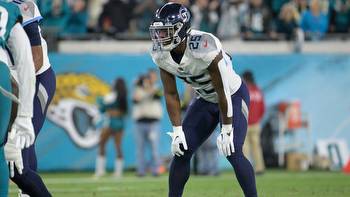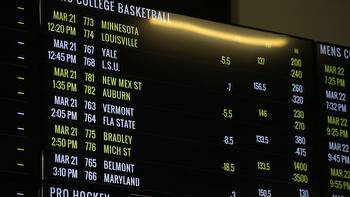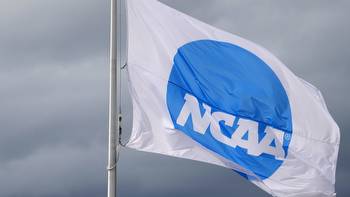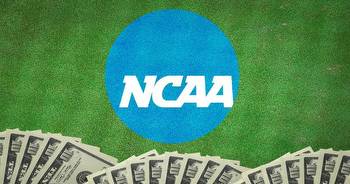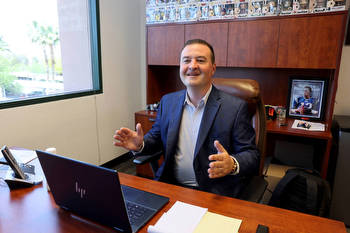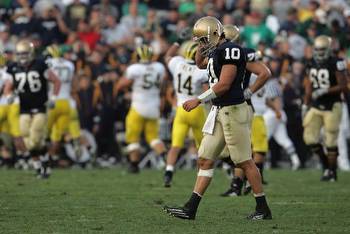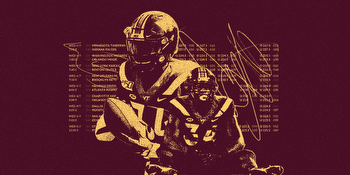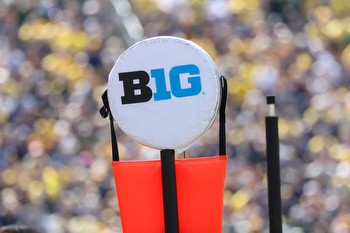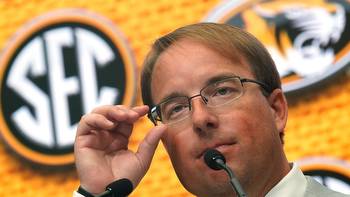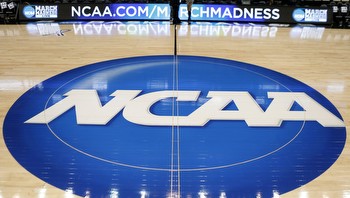Sports gambling scandals threaten college sports
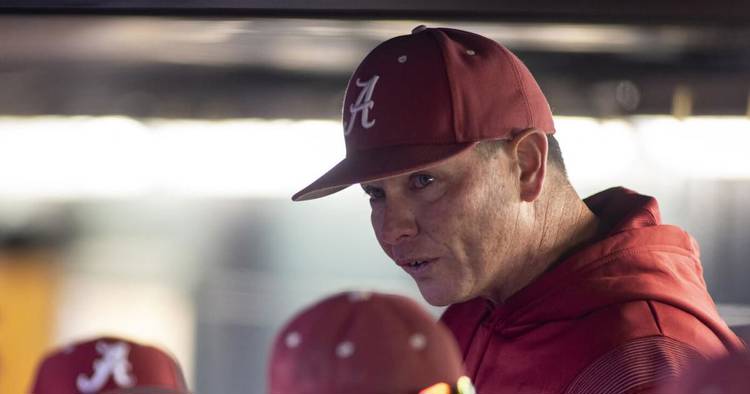
When the next big sports gambling scandal happens, and it happens on a campus near you, maybe Missouri football coach Eli Drinkwitz will get some credit for sounding smart when everyone was accusing him of acting stupid.
Pretty much everyone missed the point when Drinkwitz’s answer to a question at SEC spring meetings went viral on social media in late May because it was perceived as a knock against college players benefitting financially from the rapid influx of name, image and likeness money.
“We’re giving guys, 18- to 22-year-olds, life-changing money,” Drinkwitz told reporters at the time. “People are making more money on NIL than my brother-in-law who is a pediatrician, who saves lives.”
That was the part of Drinkwitz’s answer that set Twitter ablaze.
What was missing was context, along with the rest of the answer.
First, Drinkwitz has been as big of a champion of NIL efforts as any coach in the country. If it can help him secure recruits, he wants it. Period.
Second, the question Drinkwitz was answering wasn’t about NIL at all. It was about the growing trend of gambling scandals in college sports. And here was the rest of his answer.
“We kind of do it cavalier and think there’s not going to be side effects or issues,” Drinkwitz said. “There’s information out there, bad actors out there always trying to make a dollar, running around campuses trying to gather information. It’s going to become a key issue in our locker room.”
Missouri has not legalized sports gambling but most of the country has, including all but one of the eight states surrounding the Show-Me one. It remains taboo in Oklahoma.
Alabama, where sports gambling is not legal, recently proved state borders won’t stop much.
Crimson Tide baseball coach Brad Bohannon was fired this season from a job he held for a half-decade, one that paid him half a million dollars per year, because he was linked by gambling regulators to action placed in a different state against his own team. That’s the worst kind of sports gambling scandal you can have, one that stokes fears of those inside the system manipulating game outcomes for monetary gain. We’re talking Henry Hill and 1978-79 Boston College basketball stuff.
That same month, headlines arrived about Iowa looking into 41 athletes between Iowa and Iowa State whose suspected violations of NCAA gambling rules raised concerns.
And have you heard about Virginia Tech football player Alan Tisdale? Last season, he reported himself upon realizing he had run afoul of the NCAA gambling rules by legally betting on NBA games through an app. He was slapped by the NCAA with a nine-game suspension before it was walked back to six games on appeal. He made a mistake, did the right thing in making it known, and was rewarded with a still-massive slashing of his senior season. Perhaps that sent a message, but did it send the right one? It could encourage lying and cover-ups as much as it encourages others to come clean.
Fortunately, the NCAA did a rare smart thing last week, announcing new guidelines for enforcement on sports wagering.
The one big rule still applies.
Don’t do it.
NCAA athletes are not allowed to wager, period, on any college or professional sport that is sponsored by the NCAA at any level. That means the big sports — football, basketball, baseball, hockey, etc. — are out. Basically, if you are a college athlete and want to gamble within the NCAA rules, you have to be legally betting on things such as horse racing, boxing or MMA.
What the new revisions from the Division I Legislative Committee attempt to do is create a tiered system of punishments for those who get caught.
It aims to crank up the consequences for intentionally diabolical acts and dial it back some that better fit the description of teachable moments. Nuance from the NCAA? It can happen, apparently.
Permanent loss of eligibility — lifetime bans — await those caught betting on their own games, influencing game outcomes for wagering purposes, betting on sports at their own school, or passing inside information along to others who do.
Still-heavy suspensions, such as half-a-season heavy, will await those caught betting on their own sports outside of their own schools.
Smaller suspensions will then kick in for other gambling-related offenses, in which the amount of money wagered will be factored into deciding punishments ranging from short suspensions to required rules education.
“These new guidelines modernize penalties for college athletes at a time when sports wagering has been legalized in dozens of states and is easily accessible nationwide with online betting platforms,” Alex Ricker-Gilbert, Jacksonville athletics director and chair of the Division I Legislative Committee, said in a release. “While sports wagering by college athletes is still a concern — particularly as we remain committed to preserving the integrity of competition in college sports — consideration of mitigating factors is appropriate as staff prescribe penalties for young people who have made mistakes in this space.”
It’s an absolute must for the NCAA to attempt to keep hold of this beast even as a growing list of its member institutions rush to partner with sportsbooks and casinos in the constant quest for more millions. Fans should care a lot less about how much money athletes are making through NIL. They should care a lot more about how the rise of gambling could threaten the integrity of college sports as it just did for the past SEC baseball season.
Unfortunately, whatever the NCAA does, it won’t be enough.
The Associated Press reported Americans legally bet more than $220 billion on sports in the five years since the Supreme Court cleared the way for states to allow it. Nearly 60% of the U.S. population now lives in legal sports betting territory. Nearly 40 million American adults, per an American Gaming Association report in May, wagered on sports in the past calendar year.
College athletes have more money than ever before. Athletes’ access to sports betting has never been easier. Sprinkle in the increased interest of bad actors who want to get their hooks into those inside the action, and no defensive coordinator will be good enough to stop every breach. Professional athletes who have millions and millions of dollars to lose are regularly finding themselves on the wrong side of their leagues’ much more relaxed gambling rules. College students are going to adhere to even stricter rules better? No chance.
A betting scandal is coming to a campus near you.

